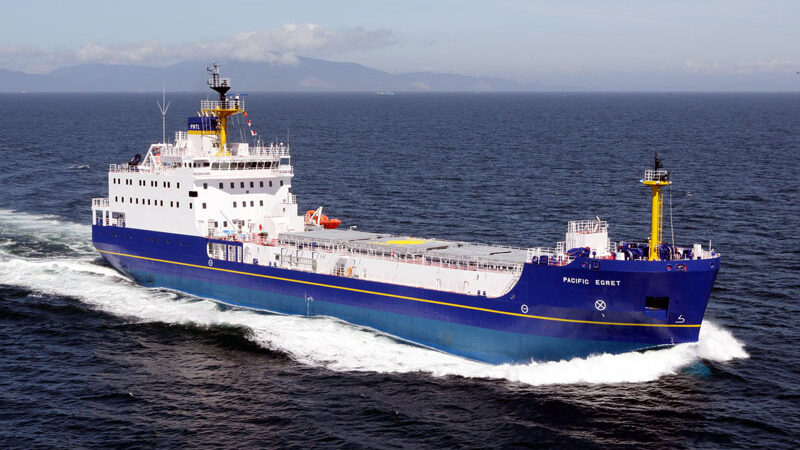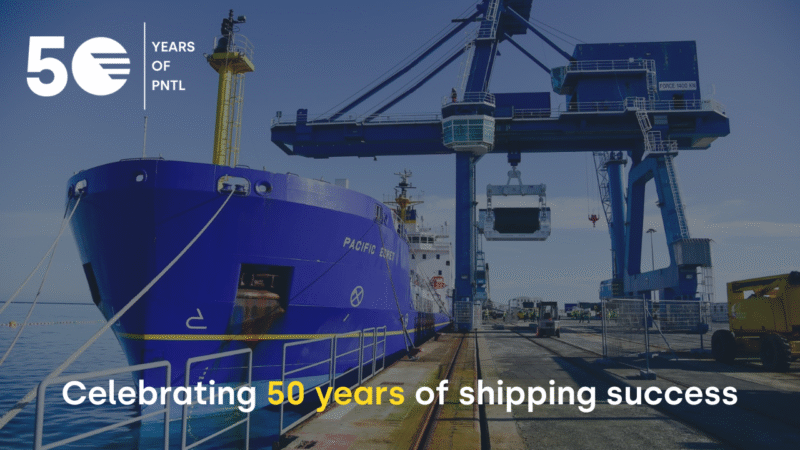Nuclear waste cargo ship departs for Japan
The programme of returning solid highly active waste (HAW) from the UK to Japan has continued today with the departure of the purpose-built vessel, Pacific Grebe, carrying the transport of the second consignment of HAW from Sellafield.
Three transport flasks, containing 76 canisters of HAW, have departed Sellafield site by rail bound for the port of Barrow-in-Furness, before being transported by sea from to Japan. The vessel that will be used will be the Pacific Grebe, owned by Pacific Nuclear Transport Ltd (PNTL), a subsidiary of International Nuclear Services (INS).
The vessel’s route will be via the Panama Canal and the approximate time of arrival will be in the first half of September 2011.
Matt Fox, head of marine operations at INS, said: “The UK-leg of this transport was completed successfully thanks to excellent partnership working between Sellafield Ltd, INS, supported by British Transport Police, Cumbria Constabulary and the port of Barrow-in-Furness.”
Will Watson, Sellafield Ltd’s programme manager for Vitrified Residue Returns, said: “The programme of returns reduces the amount of foreign owned waste in the UK, fulfils government policy and also contractual commitments on behalf of the Nuclear Decommissioning Authority.
“It’s the latest milestone in Sellafield Ltd’s mission to make the site cleaner, safer and more productive.”
The waste arises from the reprocessing of used nuclear fuel at Sellafield for the Nuclear Decommissioning Authority’s Japanese customers. HAW is therefore being returned to customers in accordance with contractual obligations and UK government policy. Current UK policy states that waste arising from contracts for reprocessing signed with overseas customers since 1976 is to be returned to the customer of origin.
The transport flasks in which the HAW is contained are extremely robust and are designed, tested and modelled to exceed the very robust standards set by the International Atomic Energy Agency. They weigh approximately 130 tonnes when loaded, about 90% of which is dedicated to ensuring safety, with the remainder being waste.

